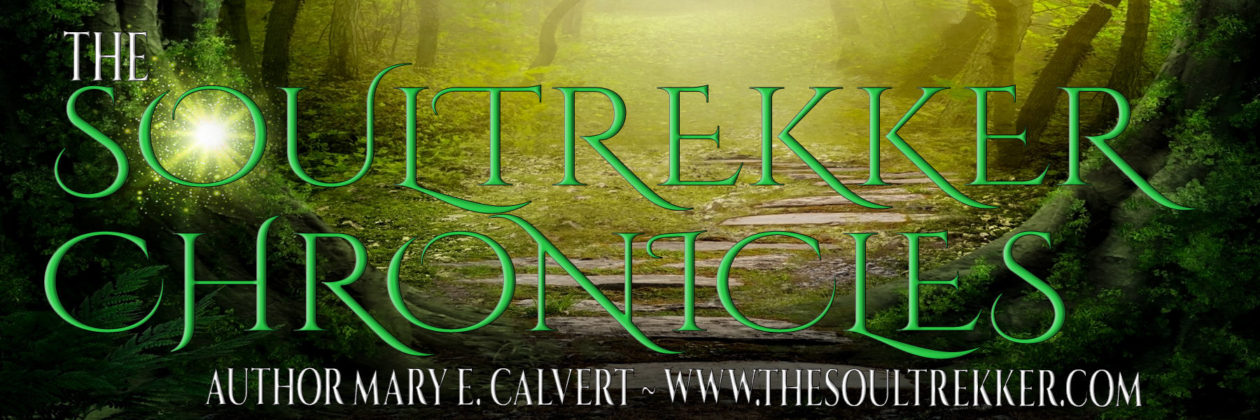As I mentioned in my last post, I have added a new feature to my website: “Book Club Questions”. You can find them by clicking on the appropriate tab above. The psychological complexity of the characters, the parallels to modern-day society, and the spiritual themes throughout The Soultrekker Chronicles provide fodder for lively group discussions. I recently discovered this when The Healer of Guildenwood was the featured book of the month at a neighborhood friend’s book club.
I live in a very diverse neighborhood. About eight women from various backgrounds gathered at the home of my friend, Anna, a woman who grew up Catholic in her native Columbia before moving to the U.S and converting to Judaism when she married her husband. It was quite interesting to listen to their theories of what really happened to my heroine, Margaret Ann Shepherd, on the morning she woke up in a different body in a different world. Had she stepped into a portal through time? Been reincarnated? Was she having a dream? These were just some of the theories posed at the book club meeting.
By far, however, the bulk of the evening’s discussion focused on the question, “How is the issue of racism addressed in the story?” In the world of my book, people aren’t judged based on the color of their skin but on how they fall into three categories: elf, mortal or dwarf. There is an existing hierarchy in which elves are at the top of society but, due to their perceived threat to the establishment, are feared and therefore geographically isolated from everyone else. Dwarves, on the other hand, are deemed lowly and have been enslaved to do the bidding of that same establishment. Mortals are somewhere in the middle, with many falling prey to this way of thinking. Will there ever come a true ruler to reunite the peoples of Bensor and bring about healing in that land?
Despite the fact that this story has been decades in the making, it nevertheless speaks to today’s issues. This was quite evident in the animated dialogue this question generated concerning book club members’ recollections of the racism they had experienced in their own lives. My next door neighbor, a Hindu whose parents immigrated to the U.S. from India before she was born, recalled what it was like when her friends in the southern California community where she grew up learned she was Indian-American: they held up the palm of their hand towards her and said, “How!”, expecting her to whip out her moccasins and do a rain dance. This memory drew quite a few chuckles, but there were other instances, my friend Anna’s in particular, where being different led to feelings of ostracism.
Having grown up in the South, my perspective was a source of particular interest to my mostly Midwestern friends. Certainly, I was aware of racism while growing up and can even recall an incident when my mother scolded my grandmother for her “old school” prejudices. My grandmother’s attitudes had mostly to do with the leftovers of segregation, and as she had more and more positive interactions with African-Americans, I am happy her attitudes had evolved by the time she died.
That being said, I was otherwise oblivious to any racial strife in the small southern Virginia town where I grew up during the 70’s and 80’s. Maybe it was particular to the area. Or maybe I just lived in a bubble of adolescent egocentrism. But it was my perception that it was perfectly normal for blacks and whites to get along and be friends. In fact, if I didn’t have a lot of black friends back then, it was because I didn’t think I was cool enough to hang with them. The black kids at my school I remember as being quite charismatic and well-liked, way too popular for this shy young woman.
At my twenty-year high school reunion, I asked a former black classmate, an outstanding athlete who went on to jump with Carl Lewis after his high school track and field career, about his experience with racism in our community. It relieved me to hear from him, at least, that my perception of racism while growing up in that small town was not too far off, that his only run-in with racist attitudes happened when he was told, by the black vice-principal at our school, that he couldn’t take a white girl to prom. I’d like to think Southern culture had begun to shift by that time and that it continues to evolve, like my grandmother did.
At any rate, it was very eye-opening to hear from the members of the book club about their own experiences with racism. I hope it bodes well for the future that a group of women from such different backgrounds can come together, share a bottle (or two) of wine, some good conversation about a good book, and come away with a deeper appreciation of each other’s unique heritage. Maybe The Soultrekker Chronicles could stir up some stimulating dialogue at your next book club discussion, too.
